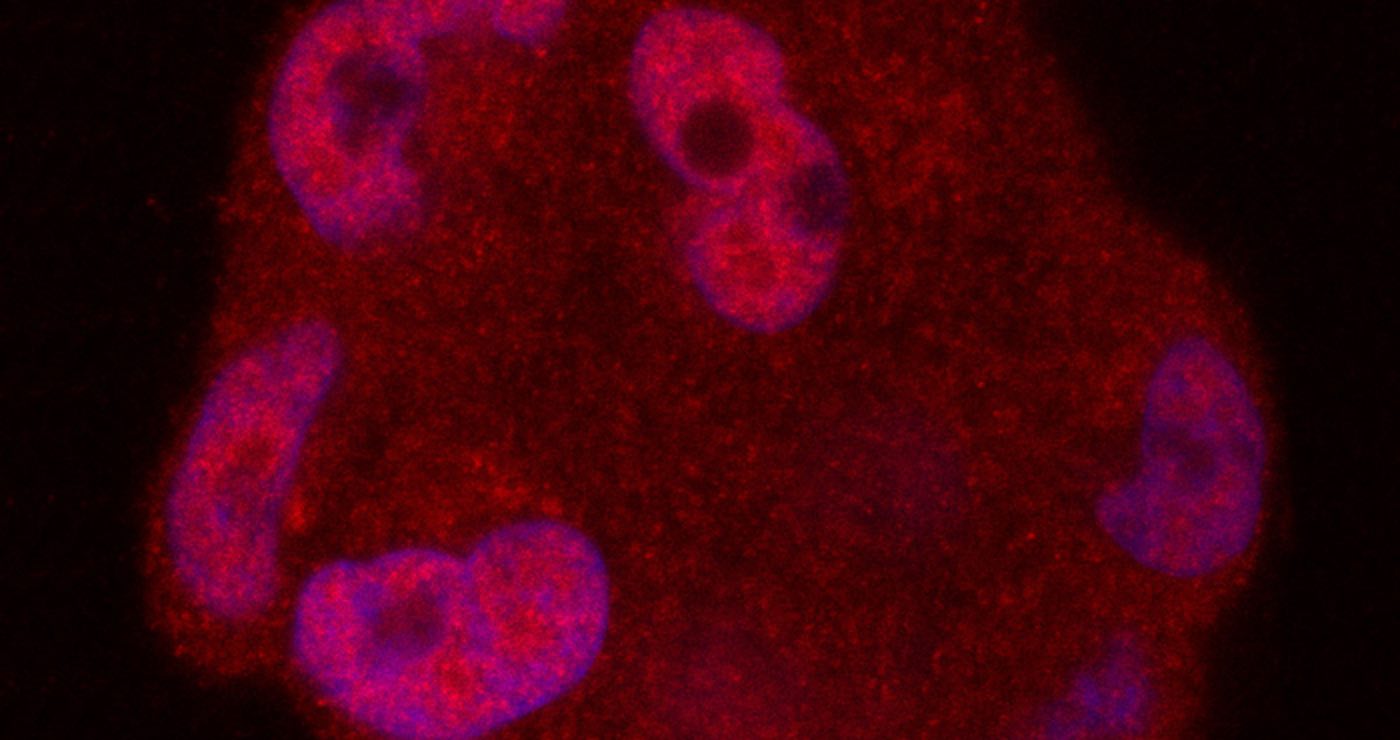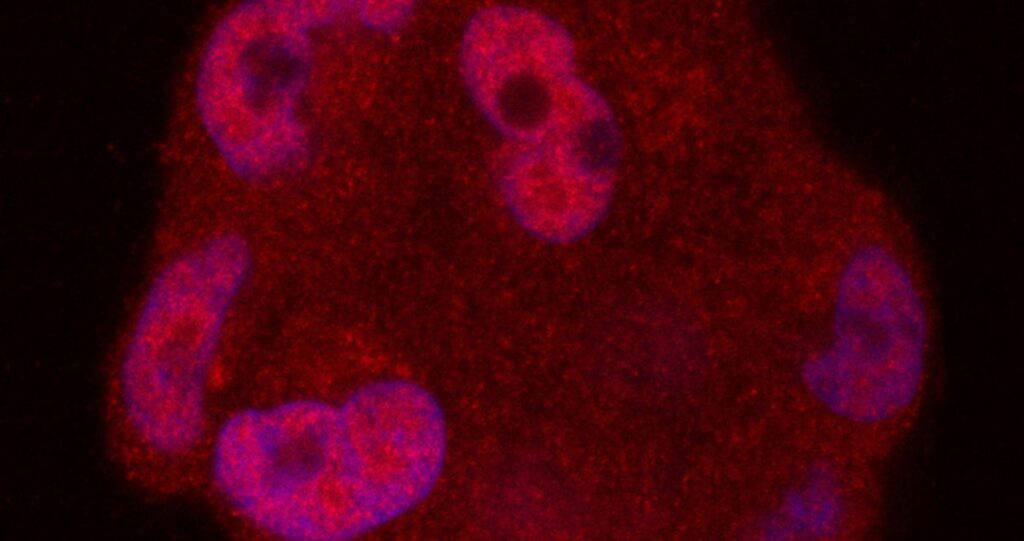
This is promising. If it solves the problem is another matter as this appears to convert a growing problem into a chronic condition that could lead to other events.
regardless, the stats will look good.
I am trying to be thrilled.
Prostate Cancer Breakthrough: A Protein That Stops Tumor Growth is Discovered As Remedy For Drug-Resistance
-Nov 7, 2021
https://www.goodnewsnetwork.org/prostate-cancer-protein-that-stops-tumors-discovered-for-drug-resistance/
Many patients with prostate cancer are treated with drugs to which they quickly develop resistance.
Now, a new study from Washington University School of Medicine in St. Louis has identified an RNA molecule that suppresses prostate tumors.
The scientists found that prostate cancers develop ways to shut down this RNA molecule to allow themselves to grow. However, when they implanted mice with human prostate tumor samples, the new treatment restored this so-called long noncoding RNA—and they’ve hailed it as a new strategy to treat the cancer which has developed resistance to hormonal therapies.
“The drugs that we have to treat prostate cancer are effective initially, but most patients start developing resistance, and the drugs usually stop working after a year or two,” said senior author Nupam P. Mahajan, PhD, a professor of surgery.
“At that point, the options available for these patients are very limited. We are interested in developing new therapies for patients who have developed resistance—and we believe the RNA molecule we’ve pinpointed may lead to an effective approach.”
About one in eight men will get prostate cancer—making it the most common male cancer. It mainly affects people over age 50.
The key protein that drives prostate tumor growth, the androgen receptor, binds to testosterone and stimulates cancer growth. Studying the stretch of DNA that codes for the androgen receptor, the researchers discovered that a section of the DNA molecule next to the androgen receptor produced a molecule called a long noncoding RNA. They found that this long noncoding RNA plays a key role in regulating the androgen receptor and vice versa. Because of its position next to the androgen receptor in the genome, the researchers dubbed it NXTAR (next to androgen receptor)
.

The androgen receptor shown in dark red – University School of Medicine in St Louis
“In prostate cancer, the androgen receptor is very clever,” said Mahajan, who is also a research member of Siteman Cancer Center at Barnes-Jewish Hospital and Washington University School of Medicine.
“Our research shows that it suppresses its own suppressor; essentially it binds to NXTAR and shuts it down. This means that in all the prostate cancer samples that we study, we rarely find NXTAR, because it is suppressed by the heavy presence of the androgen receptor in these types of tumors. We discovered NXTAR by using a drug that my lab developed that suppresses the androgen receptor. When the androgen receptor is suppressed, NXTAR starts to appear. When we saw this, we suspected that we had discovered a tumor suppressor.”
The drug, called (R)-9b, was developed to attack a different aspect of prostate cancer biology, knocking down expression of the androgen receptor overall rather than just blocking its ability to bind to testosterone or reducing overall testosterone levels in the body, as currently approved drugs do. But in this study, (R)-9b ended up serving as a tool to reveal the presence and role of NXTAR.
In the study, published Nov. 5 in Cancer Research, a journal of the American Association for Cancer Research, the researchers showed that restoring NXTAR expression caused the tumors to shrink. They also showed that they didn’t need the entire long noncoding RNA to achieve this effect. One small, key section of the NXTAR molecule is sufficient for shutting down the androgen receptor.
“We are hoping to develop both this (R)-9b drug and NXTAR into new therapies for prostate cancer patients who have developed resistance to the front-line treatments,” Mahajan said. “One possible strategy is to encapsulate the small molecule drug and the key piece of NXTAR into nanoparticles, perhaps into the same nanoparticle, and shut down the androgen receptor in two different ways.”
The (R)-9b inhibitor has been licensed to a biotechnology startup company called TechnoGenesys. Mahajan and co-author Kiran Mahajan are co-founders of the company and have applied for a patent.
No comments:
Post a Comment